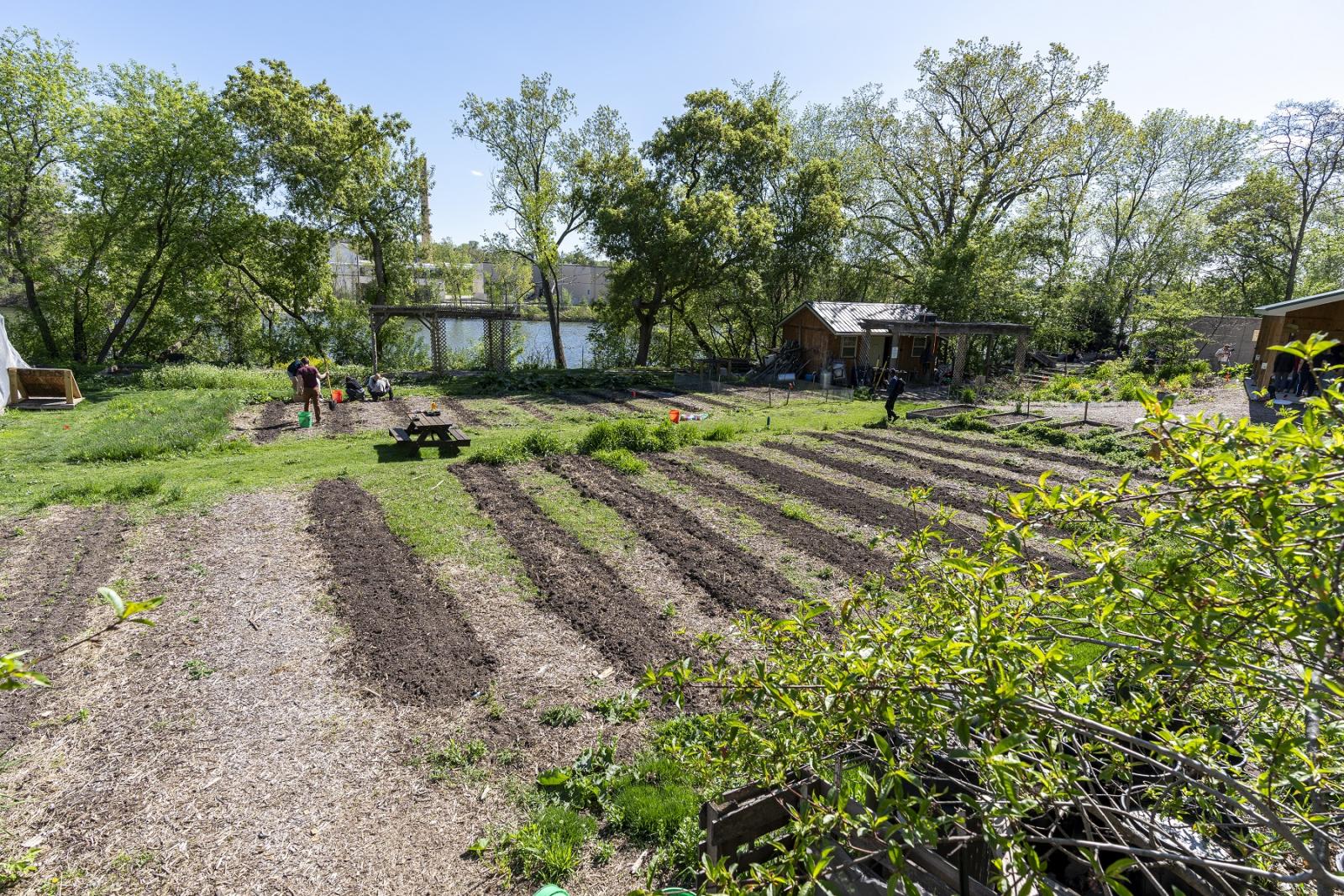Lawrence University has been selected for inclusion in the 2025 edition of The Princeton Review Guide to Green Colleges.
Accessible for free at www.princetonreview.com/green-guide, the guide profiles 511 colleges that foster a culture of environmental responsibility and demonstrate a commitment to sustainability. The 511 colleges selected for the guide are listed alphabetically and not ranked.
The Princeton Review chose the colleges for the 2025 edition based on a survey it conducted in 2023-2024 about sustainability-related policies, practices, and programs. The company also surveyed students attending the colleges about their “green” campus experiences. The school selections are based on more than 25 data points.
- Björklunden, Lawrence’s Door County retreat, continues to move forward on its Net Zero Björklunden Initiative. An ongoing geothermal project focused on heating, cooling, and hot water at the lodge will reduce Björklunden’s carbon footprint by more than 36 metric tons of carbon dioxide annually by halting the yearly burning of more than 6,500 gallons of LP gas. This follows the 2023 installation of a new solar array at Björklunden that now gathers power from the sun. It all is part of the Net Zero Björklunden Initiative, which aims to zero out the discharge of greenhouse gases by balancing any carbon emission with equivalent carbon savings on site. The projects also provide research opportunities for Lawrence faculty and students as they study wind, solar, and geothermal energy sources.
- The Sustainable Lawrence University Garden (SLUG), located on campus along the Fox River, continues to be a resource for fresh foods and student research. The student-run SLUG uses sustainable agricultural methods to nurture a honeybee apiary, a fruit tree orchard, a vegetable garden, and a hoop house. It has been a fixture on the Lawrence campus for nearly 20 years.
- Lawrence offers majors in environmental science, environmental studies, and geosciences, and has a cooperative 3-2 program with Duke University in the areas of environmental management and forestry.
- In May 2024, Lawrence hosted the inaugural New North ESG Summit, a gathering of corporate and community leaders in northeast Wisconsin to discuss the power of sustainability and the importance of good Environmental, Social, and Governance (ESG) practices.
- In addition to SLUG, student organizations focused on sustainability and related efforts include Greenfire, the Lawrence University Food Recovery Network, Outdoor Recreation Club, and the Bird and Nature Club.
- The Lawrence University Community Council (LUCC) Sustainability Committee works as a liaison between LUCC, all environment-related student organizations on campus, and the university’s Sustainability Steering Committee, and it engages with the greater Appleton community.
"We are delighted to recommend Lawrence University to students who want their ‘best-fit’ college to also be a 'green' one," said Rob Franek, The Princeton Review's Editor-in-Chief. “Lawrence, which offers excellent academics, also demonstrates a strong commitment to sustainability in its campus programs, policies, and practices.”
Franek noted that The Princeton Review is seeing substantive interest among college applicants in attending green colleges. Of the nearly 8,000 college-bound students the company polled for its 2024 College Hopes & Worries Survey, 61% said having information about a college's commitment to the environment would affect their decision to apply to or attend a school.
The Princeton Review has published its Guide to Green Colleges annually since 2010.



